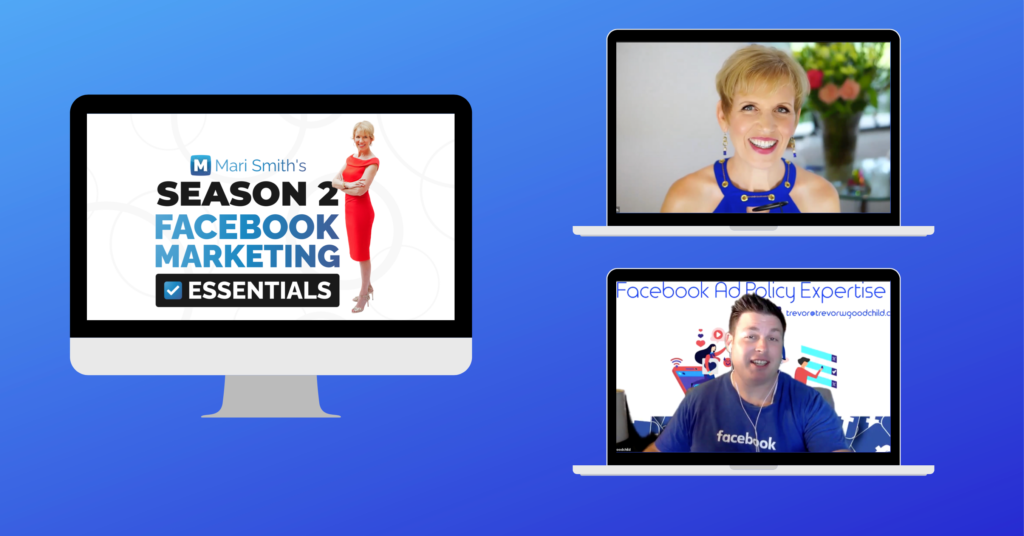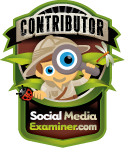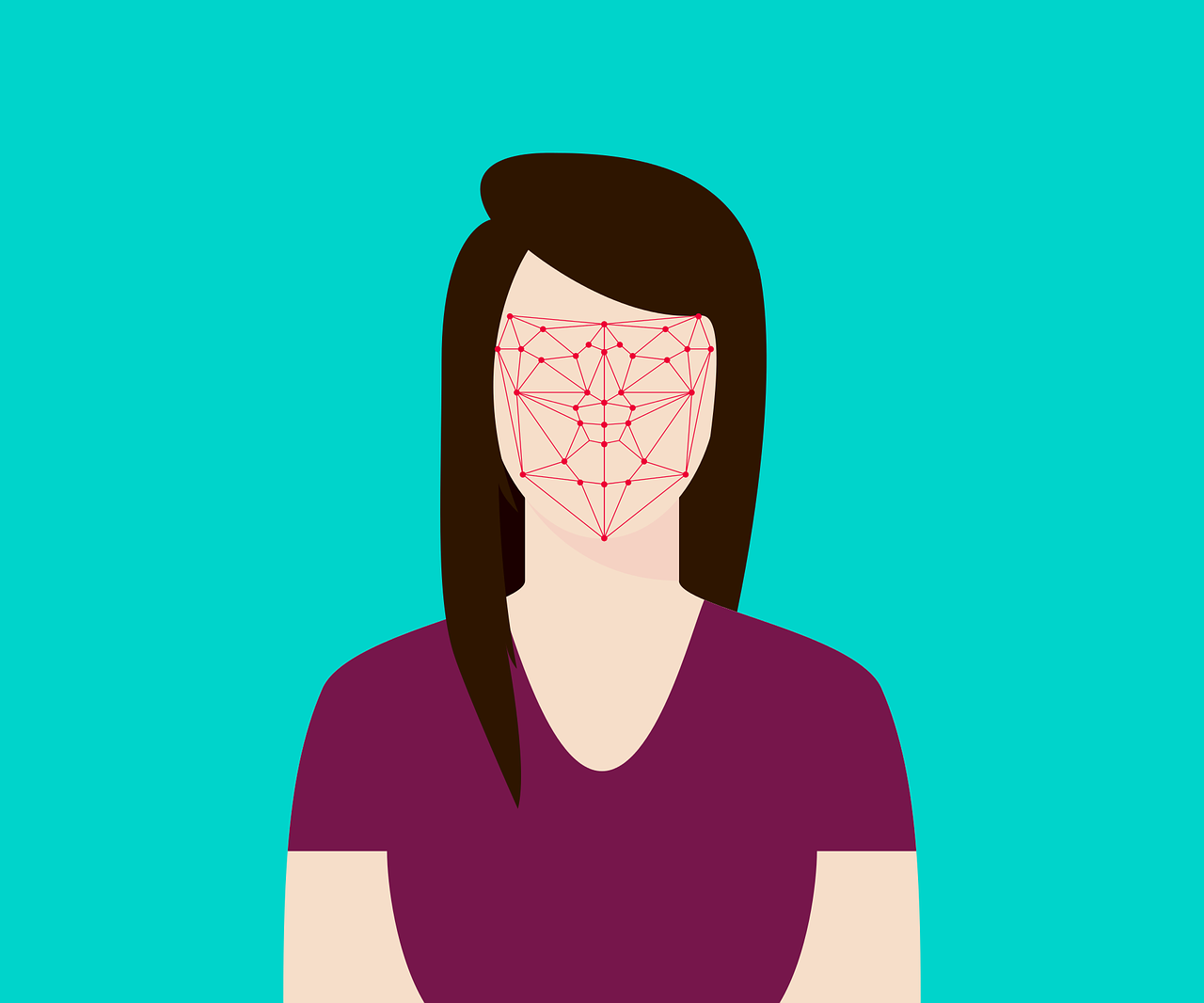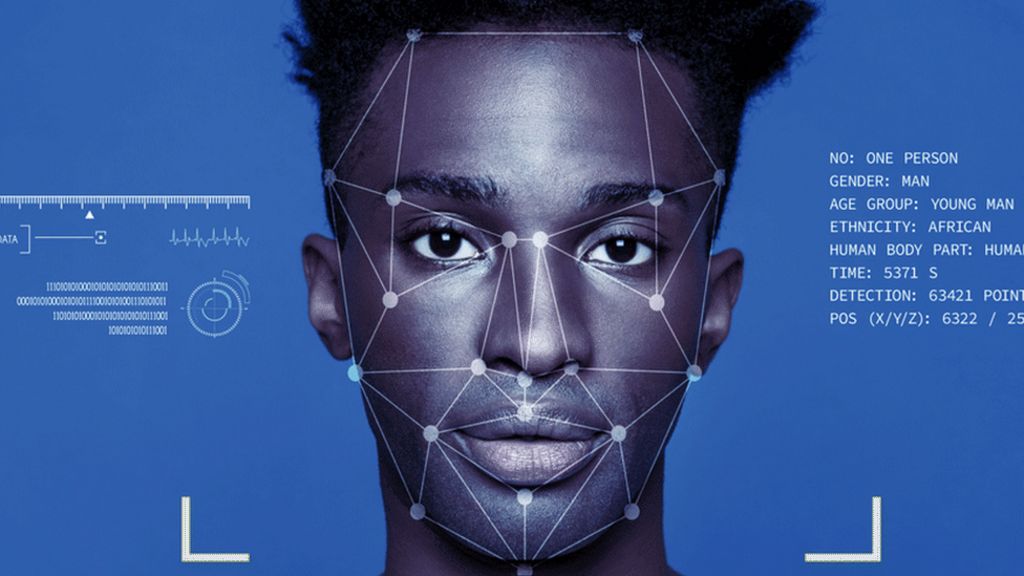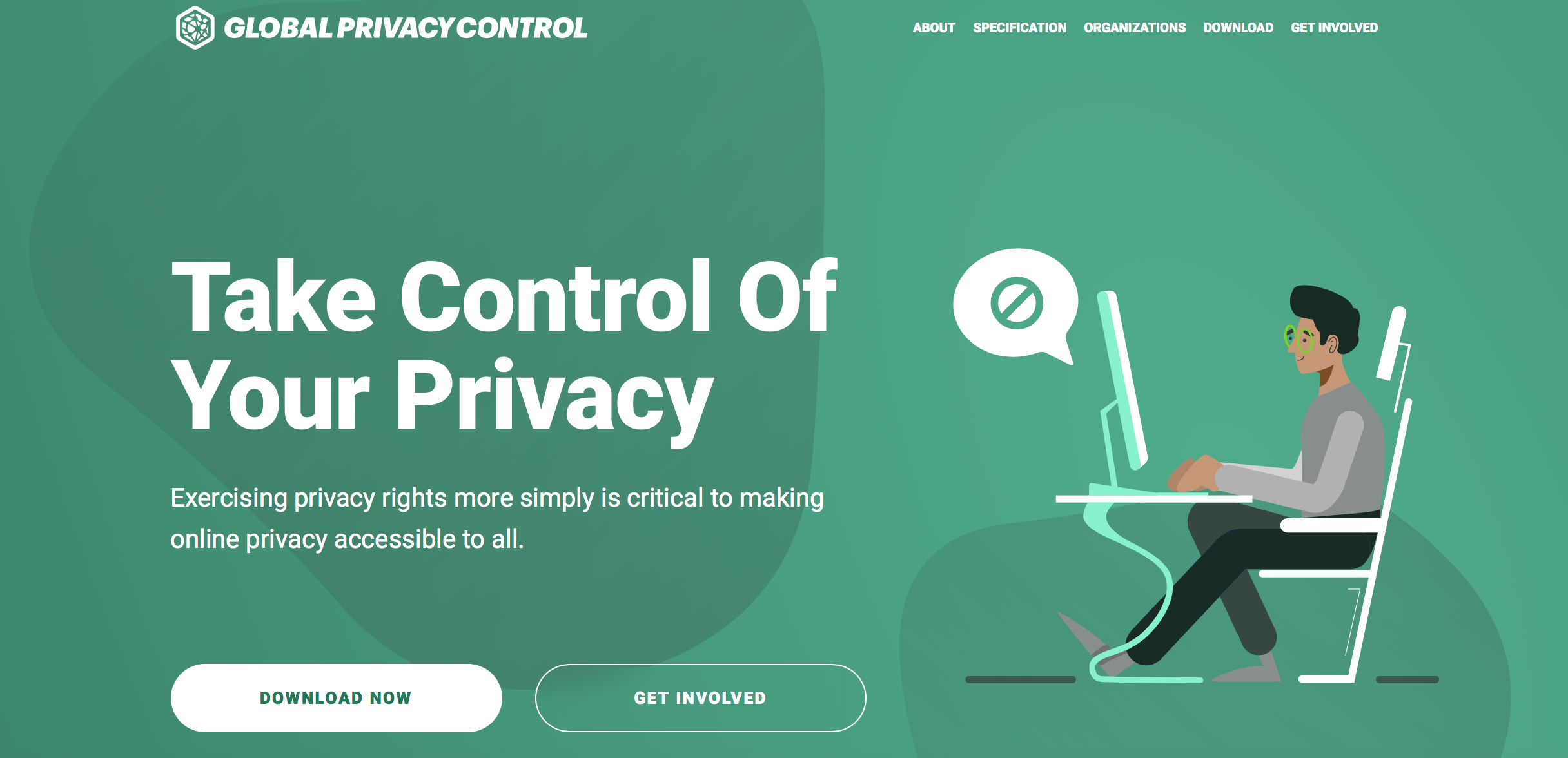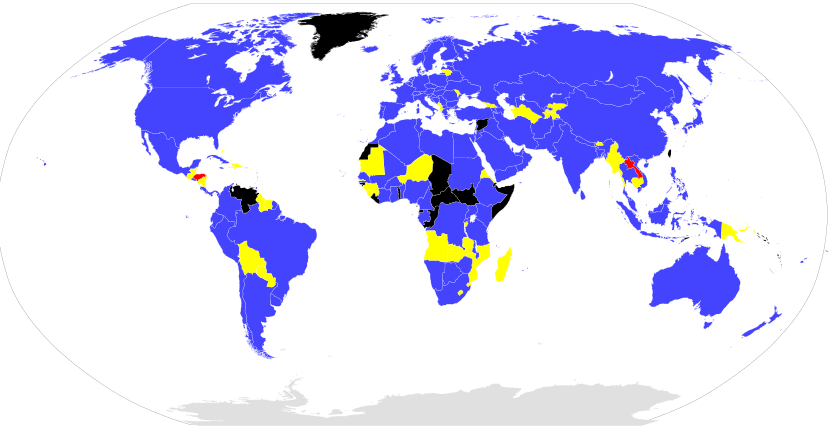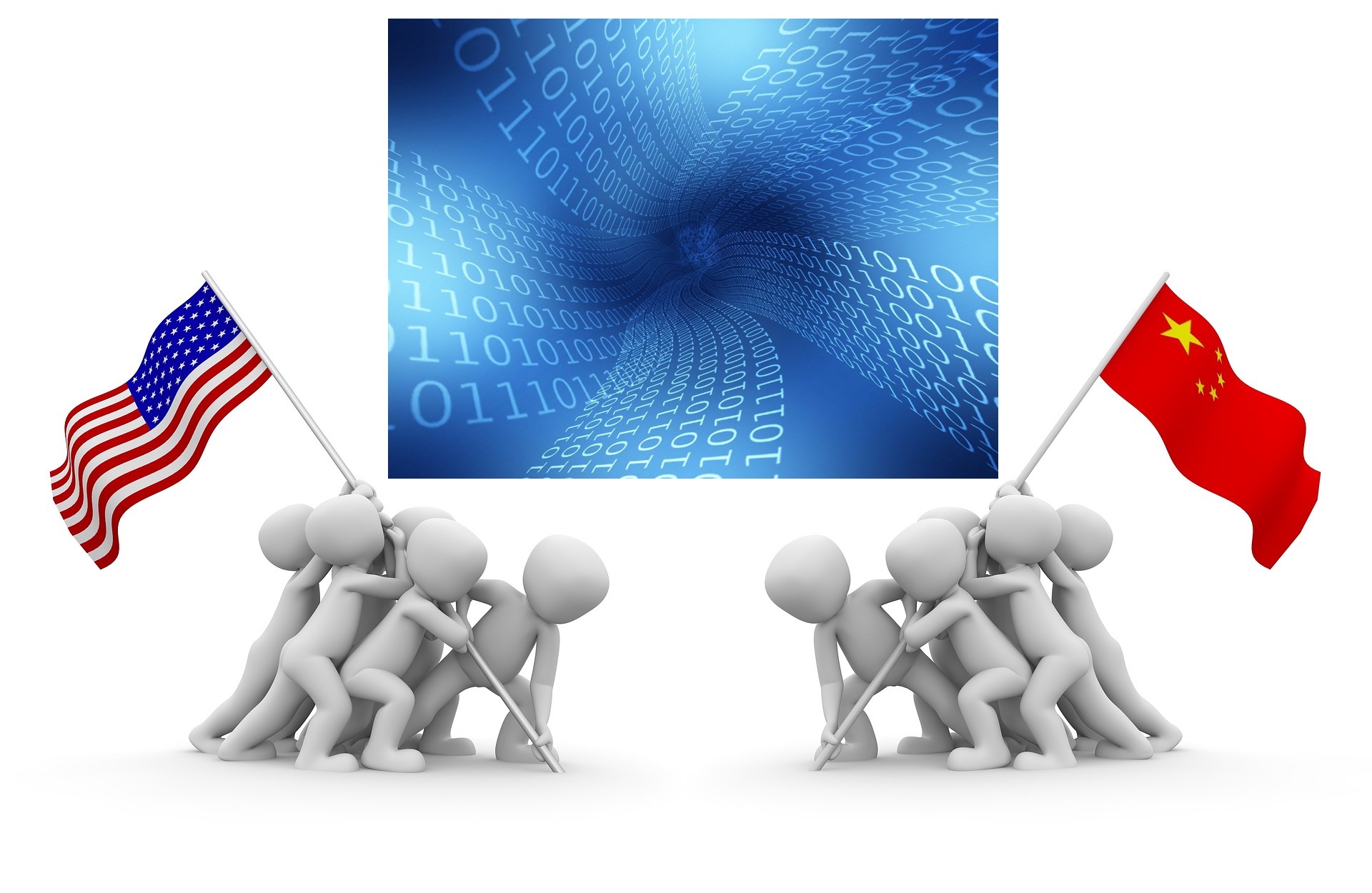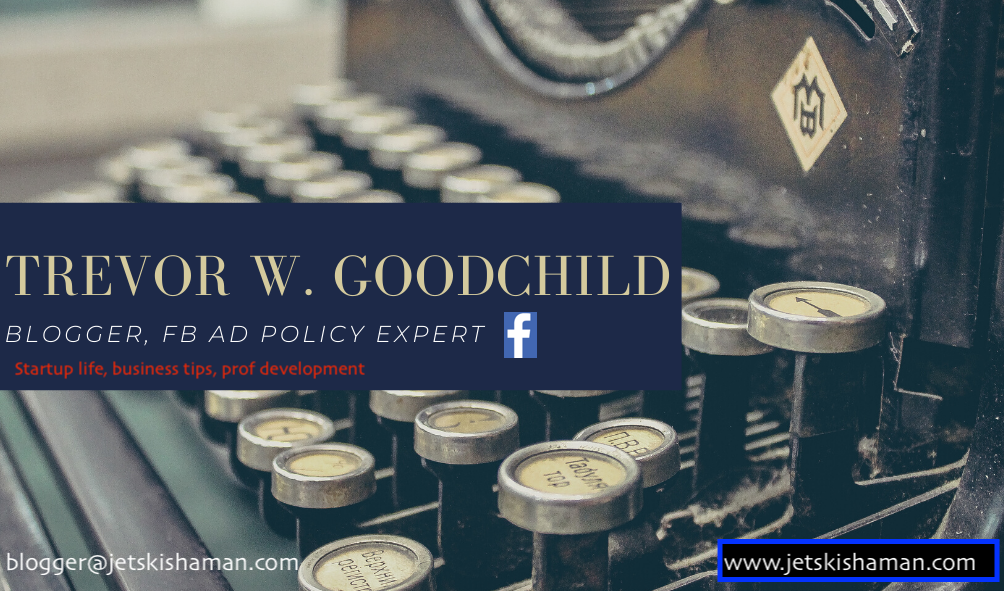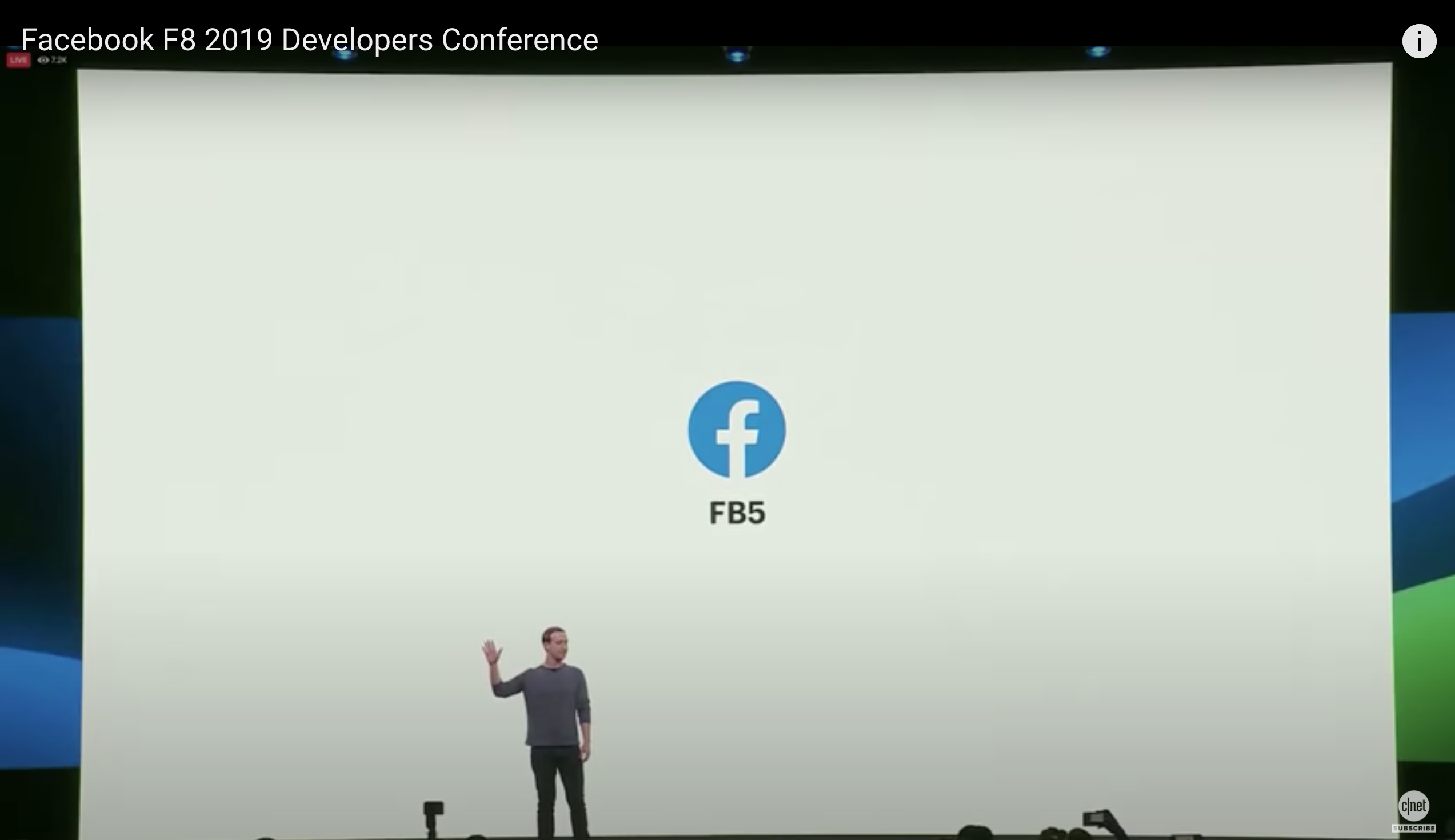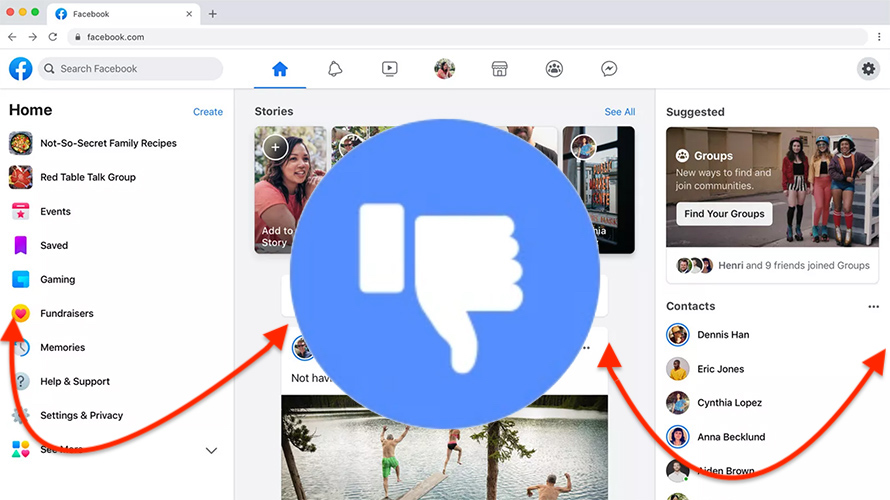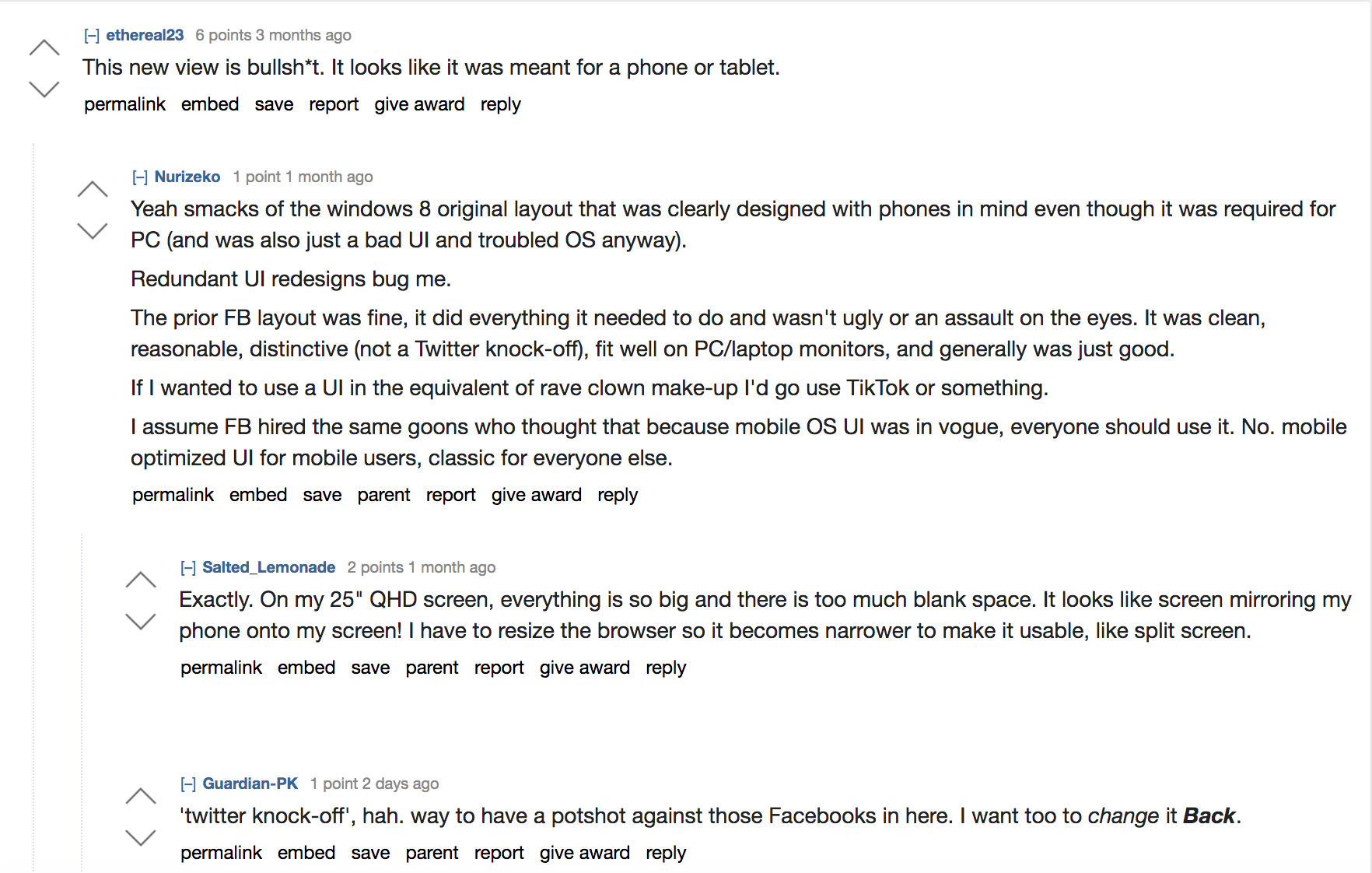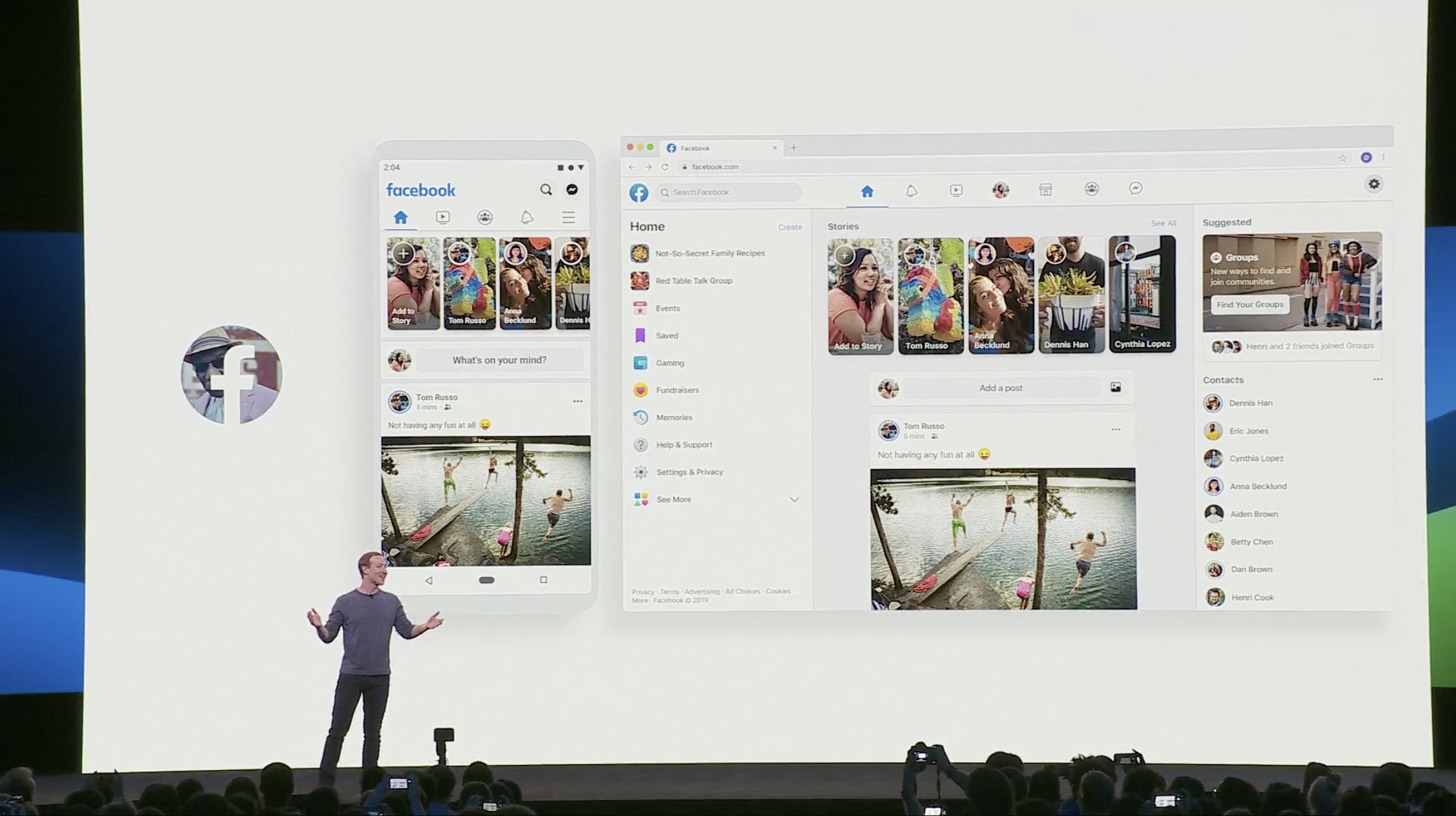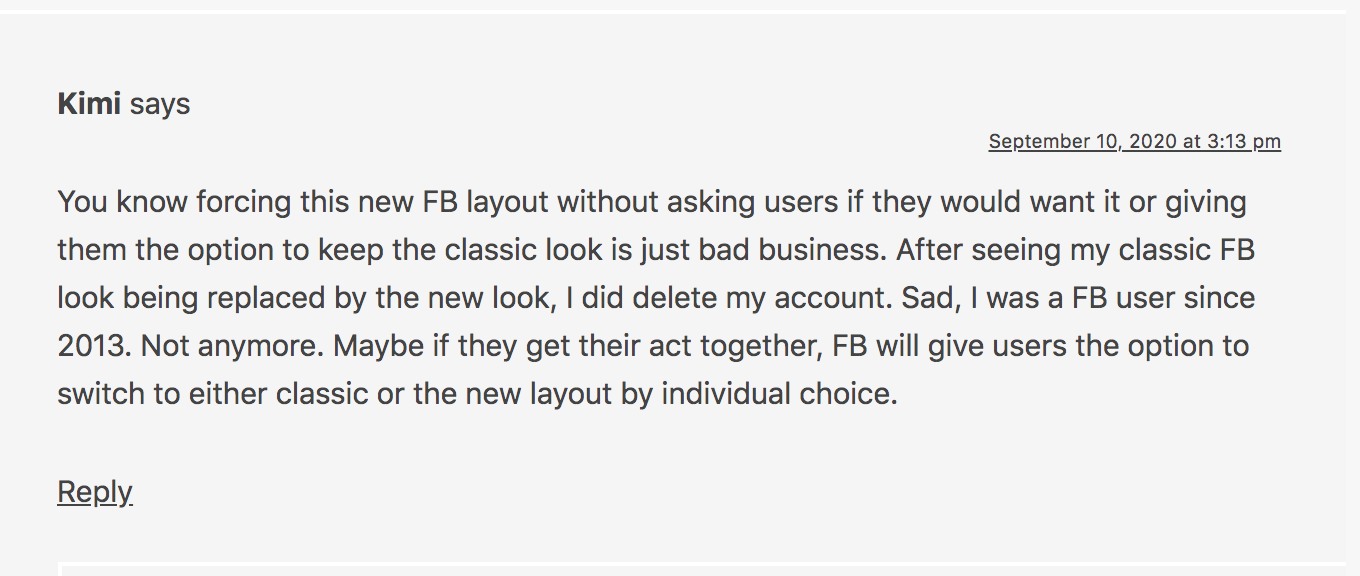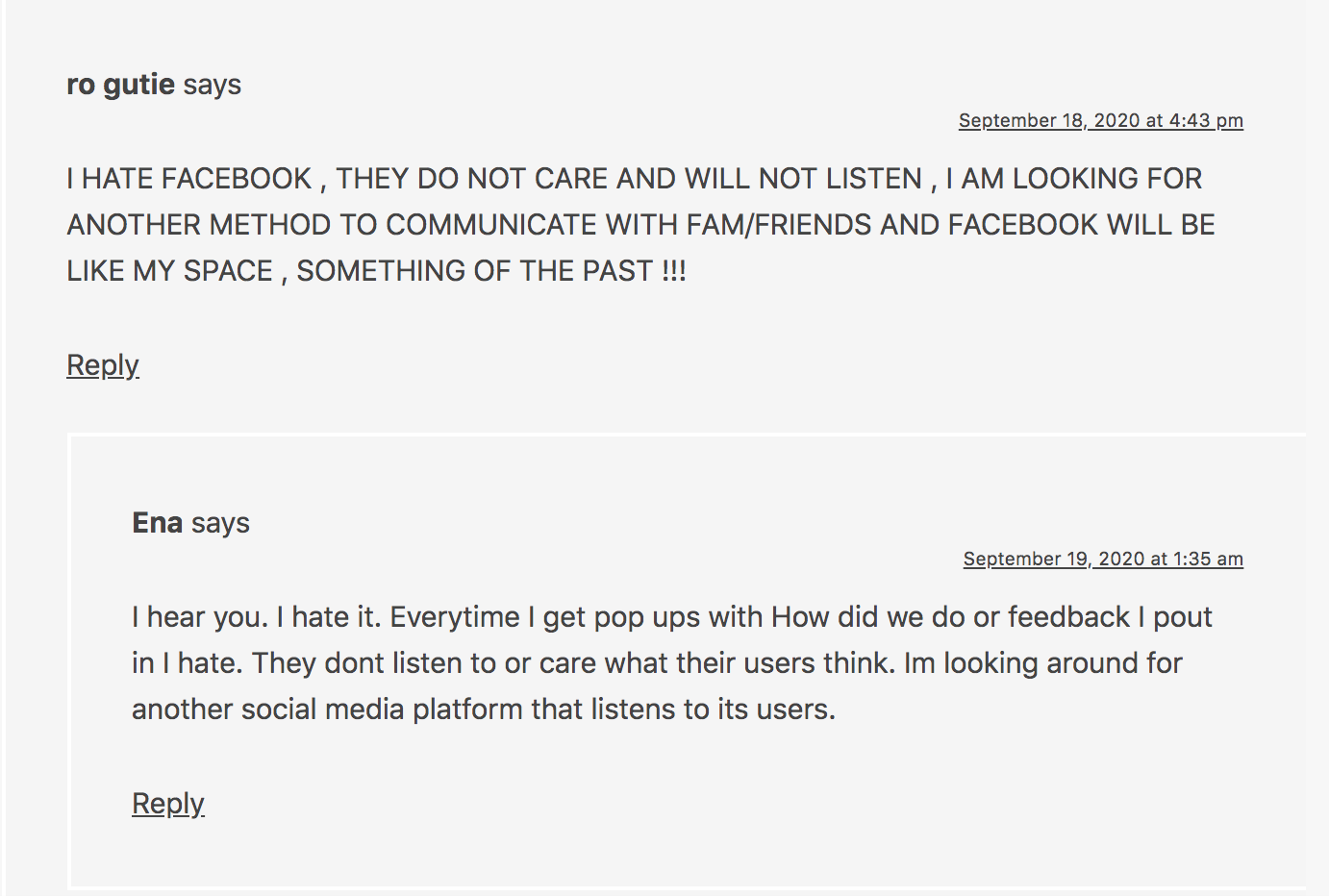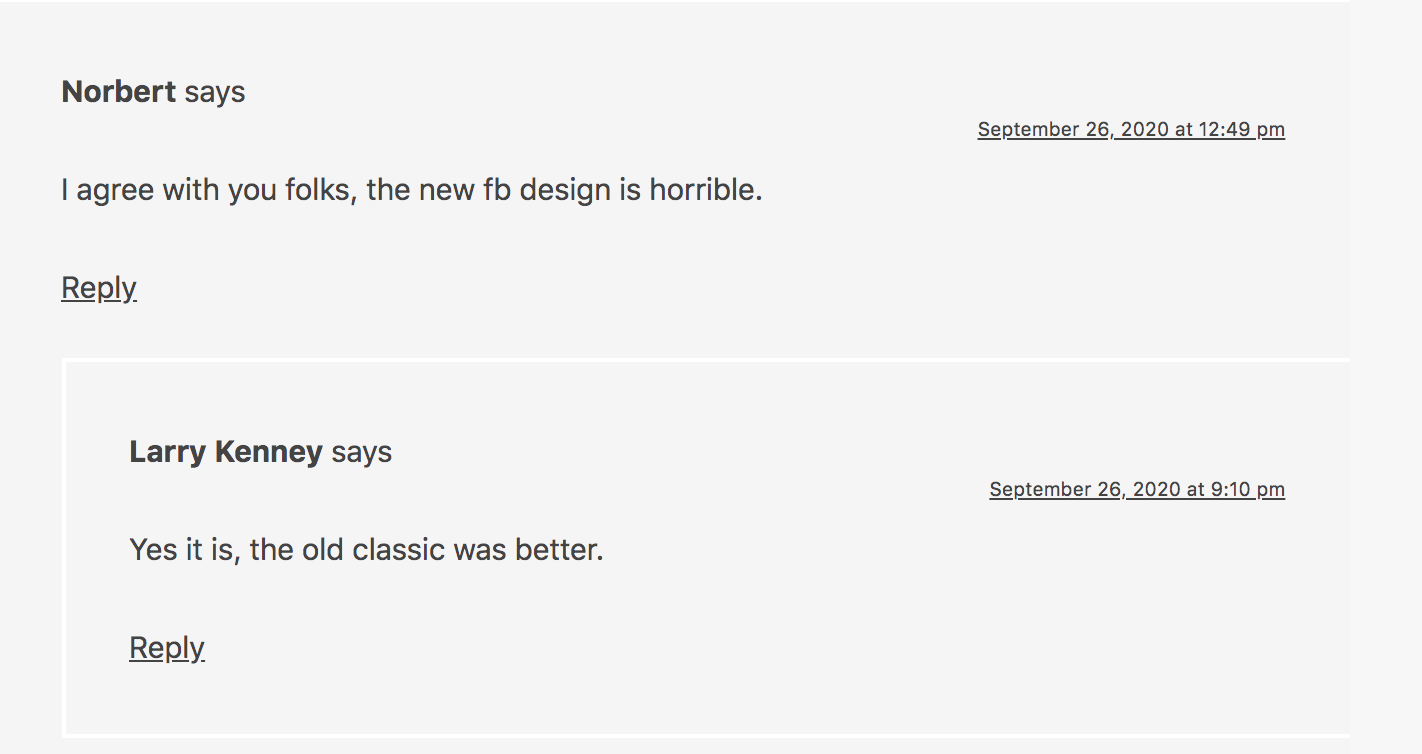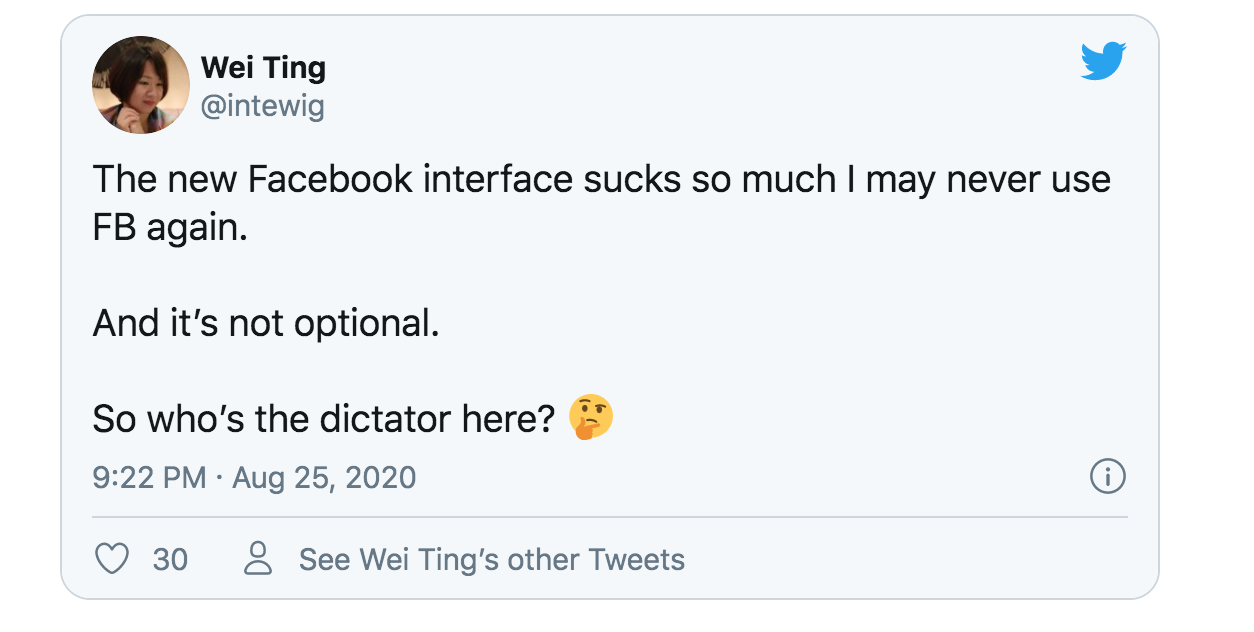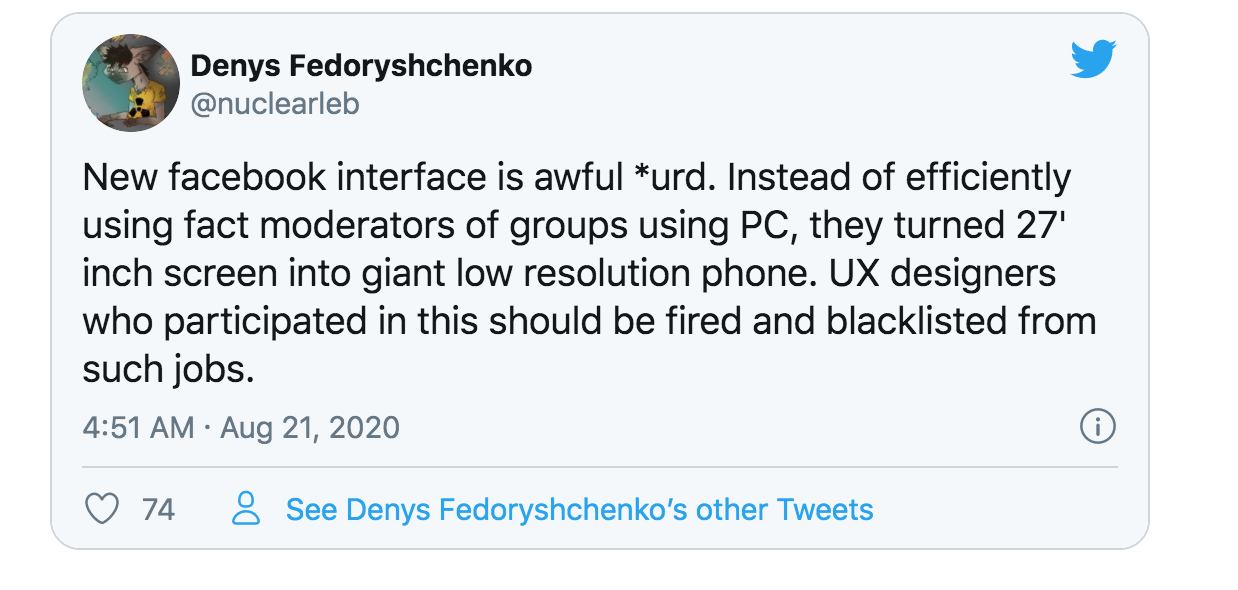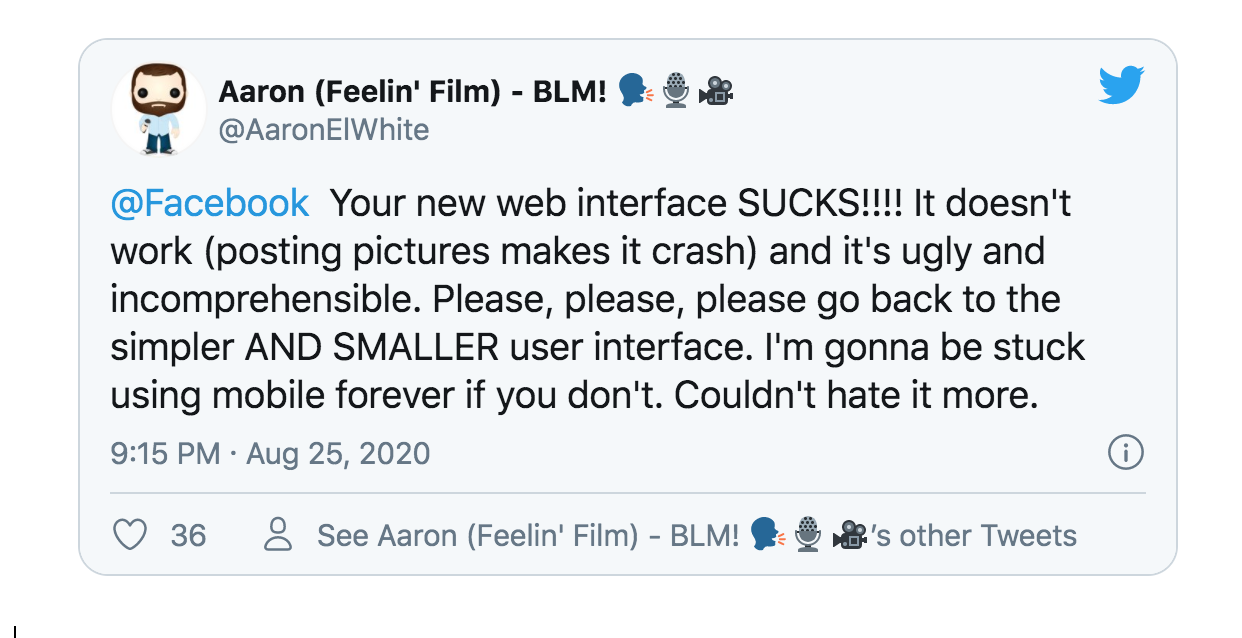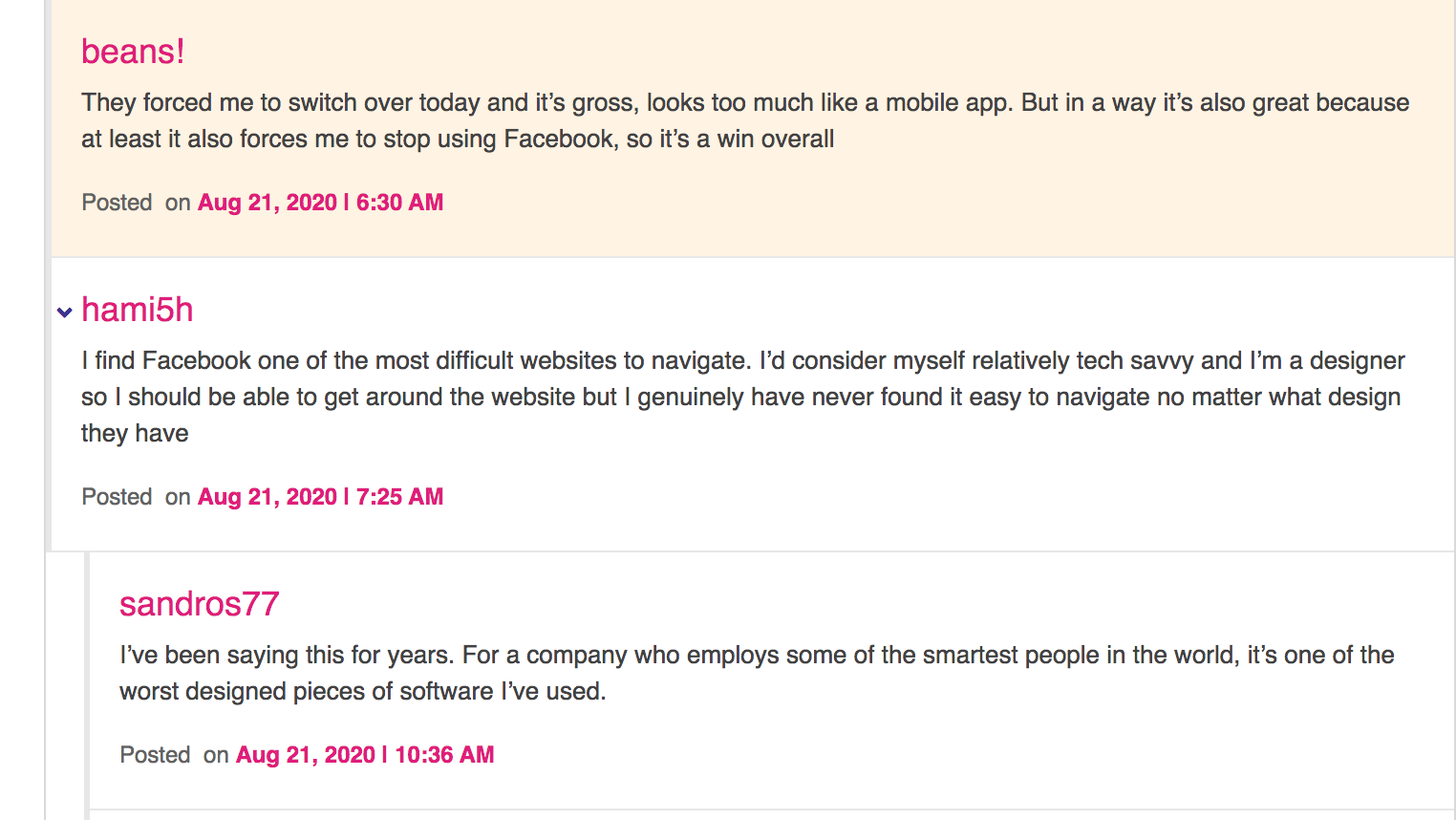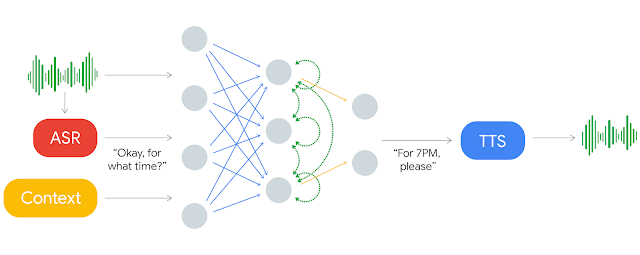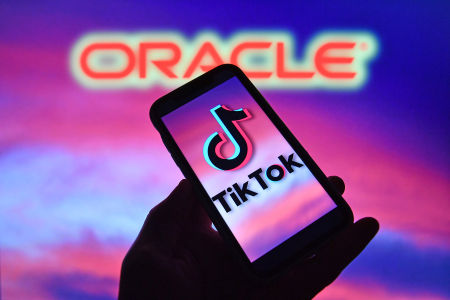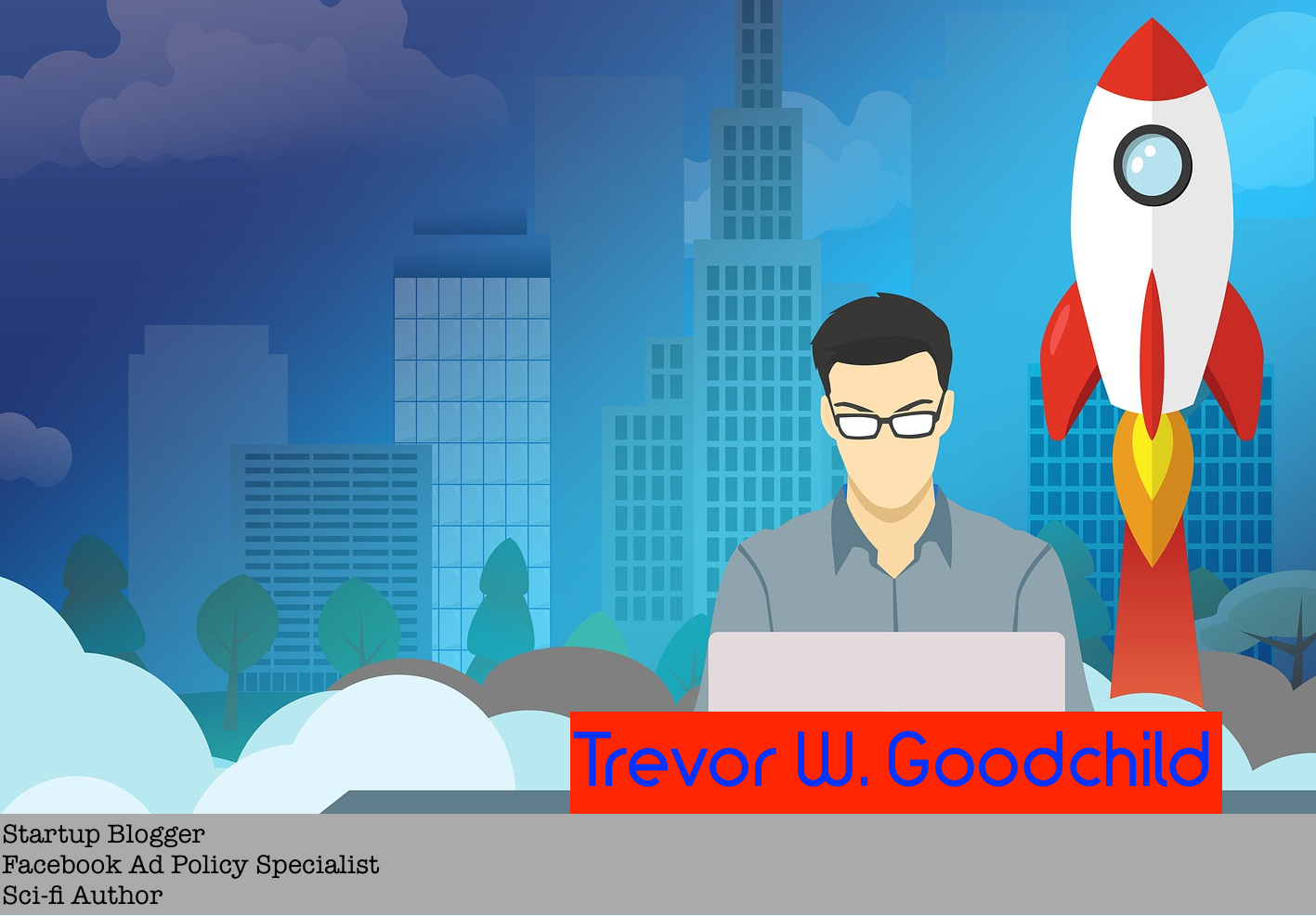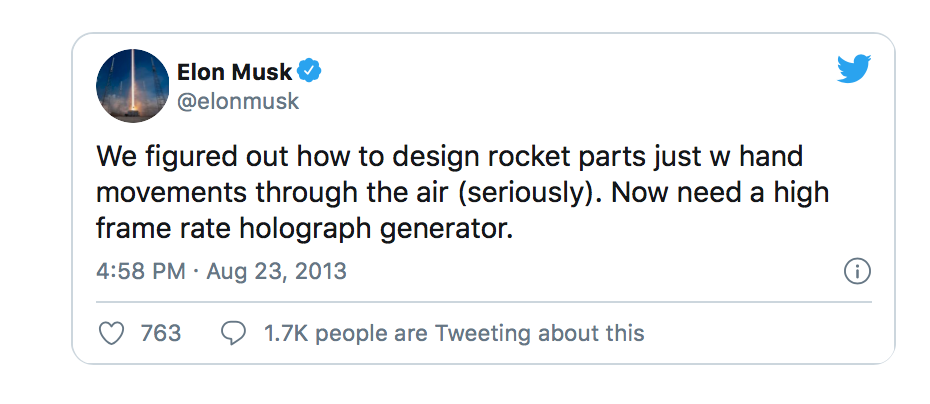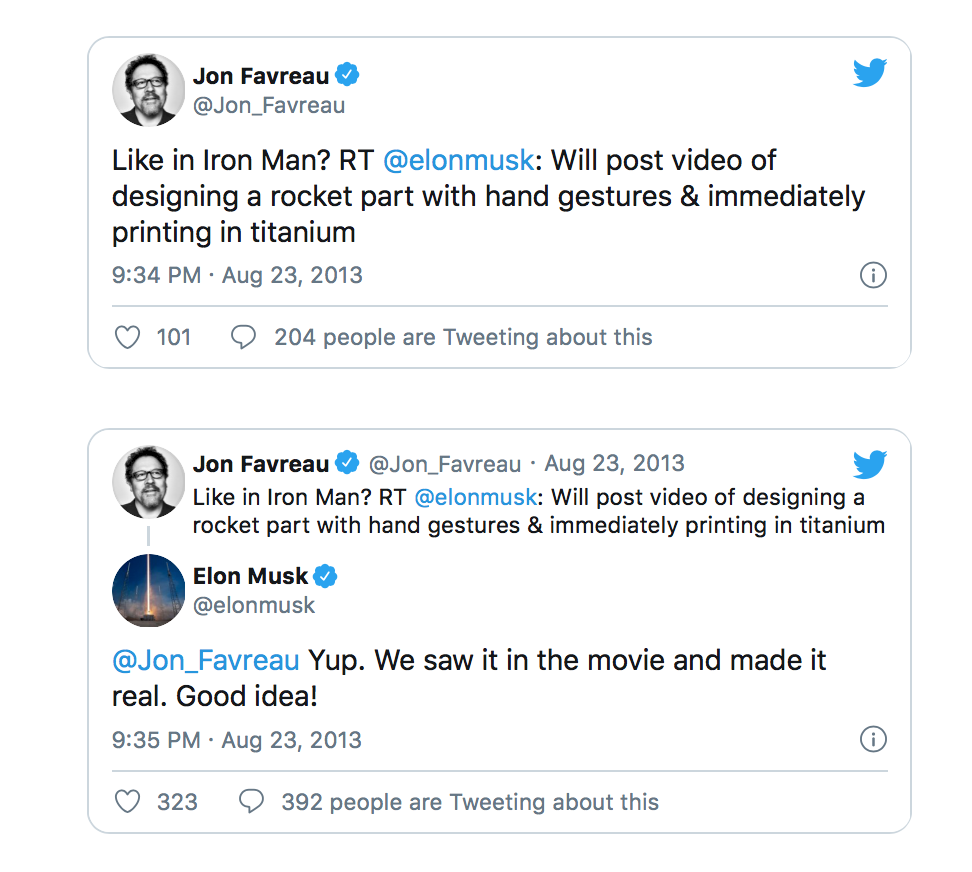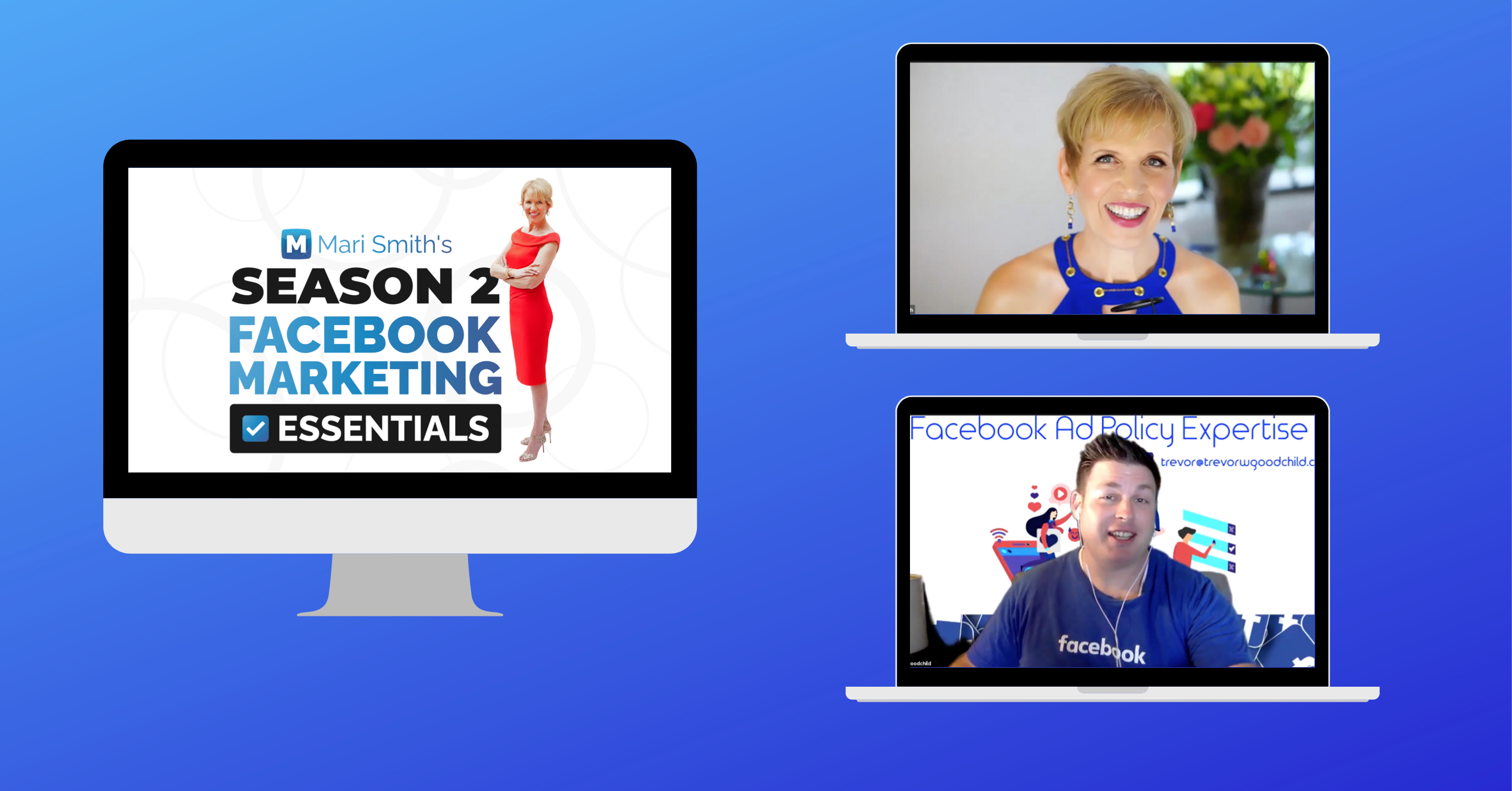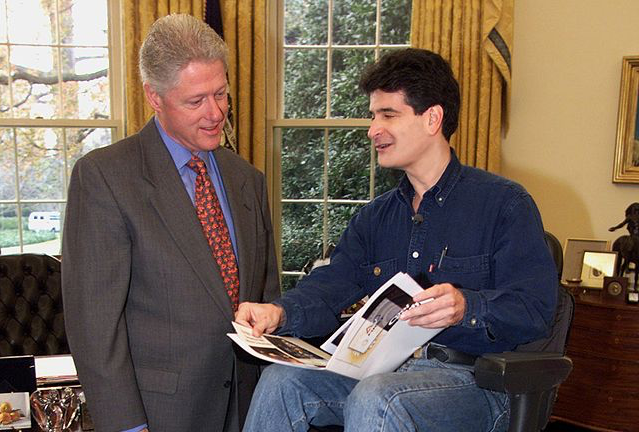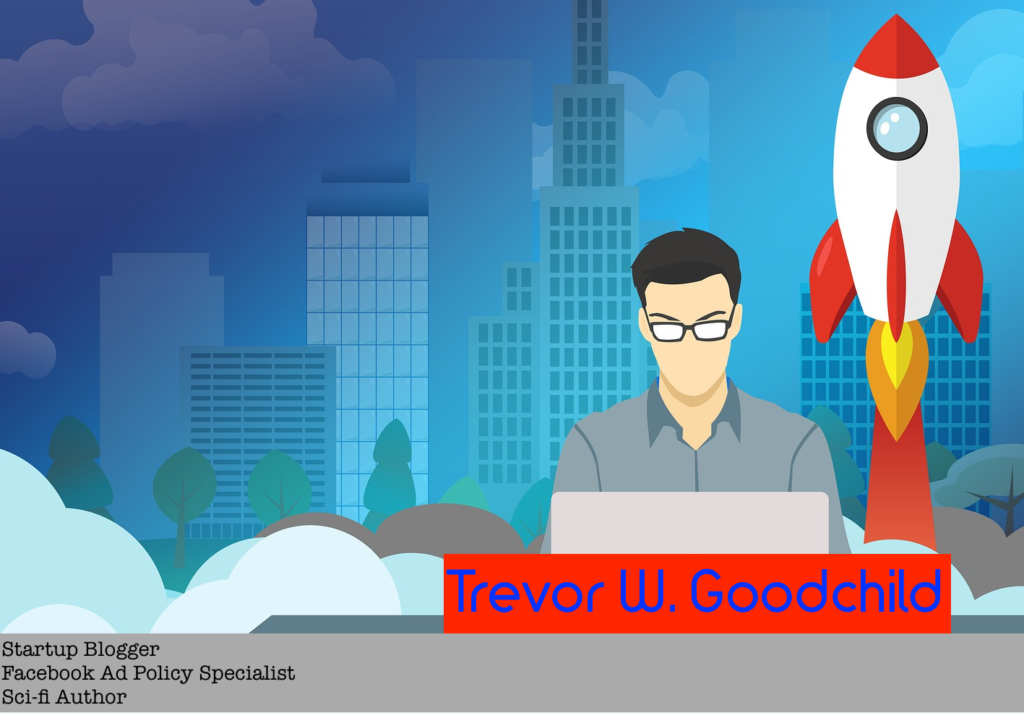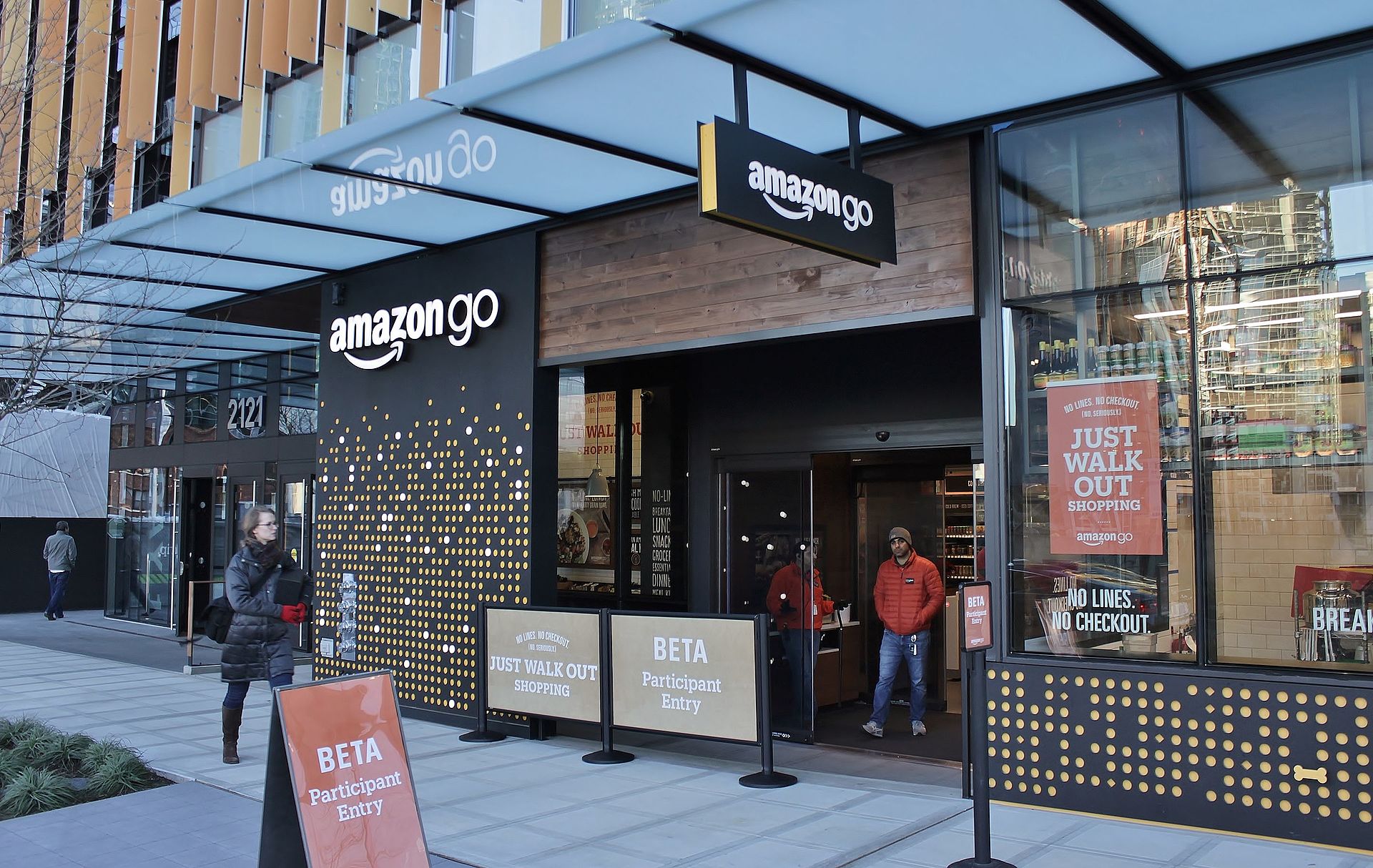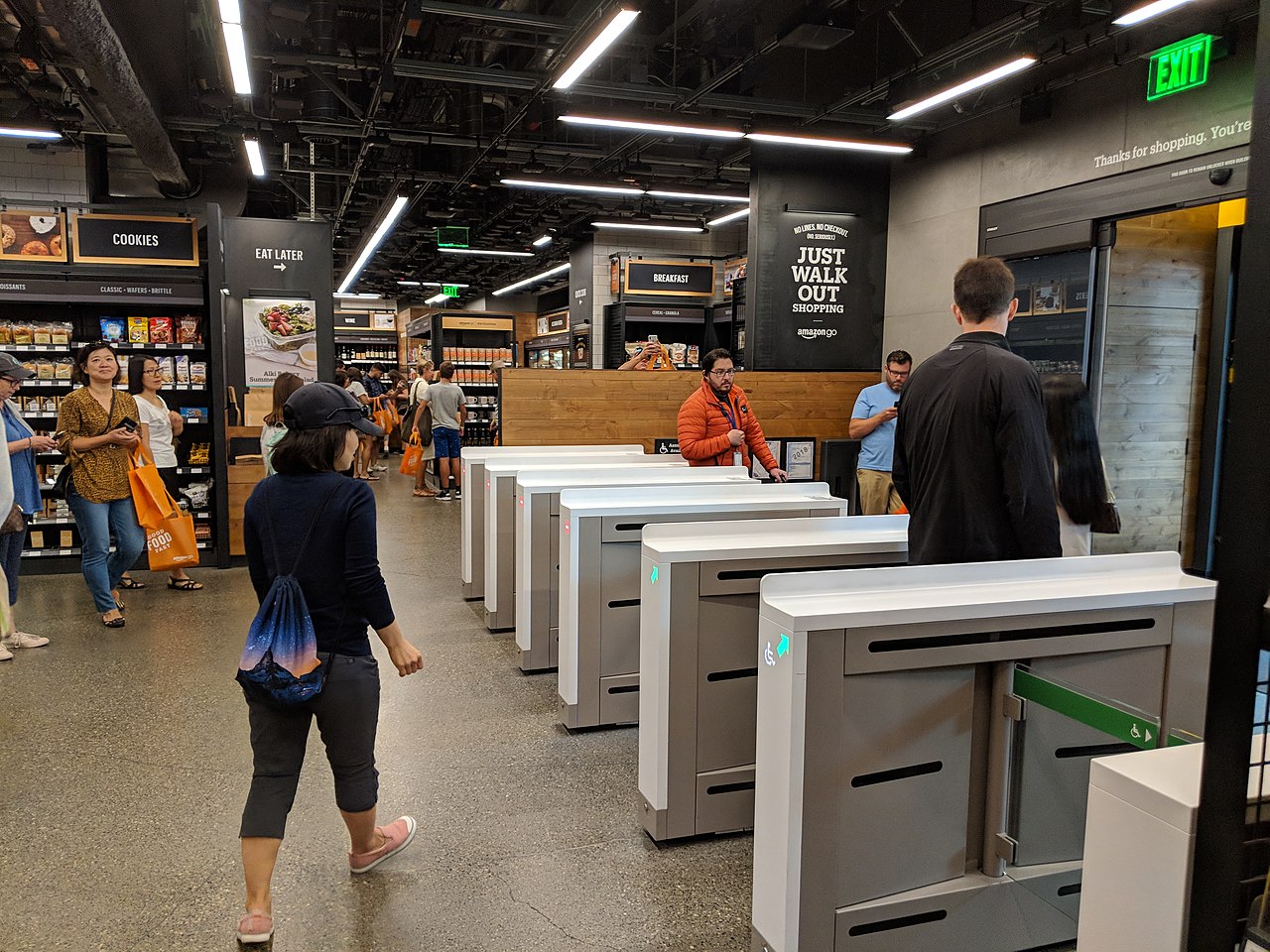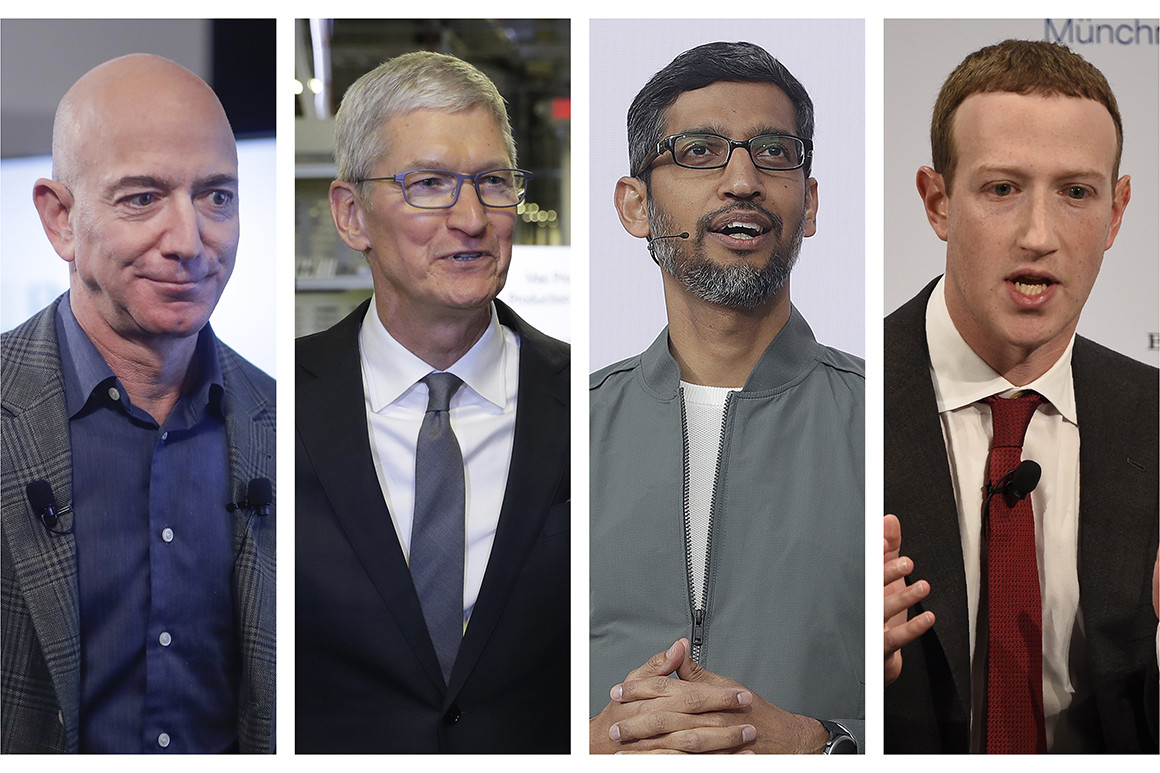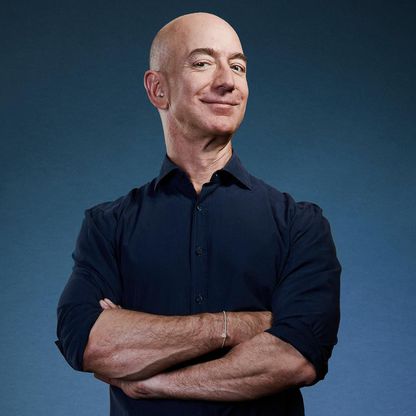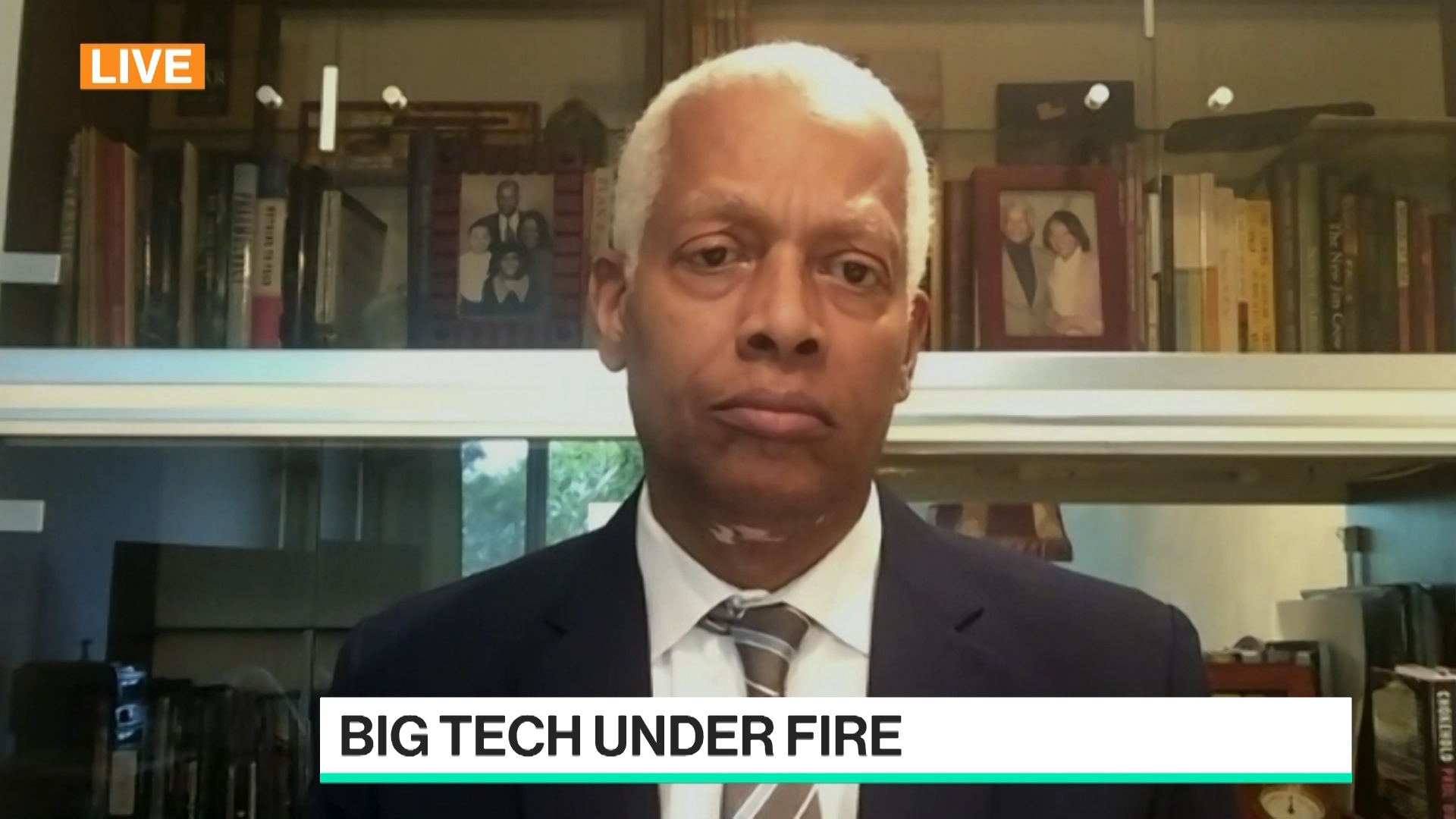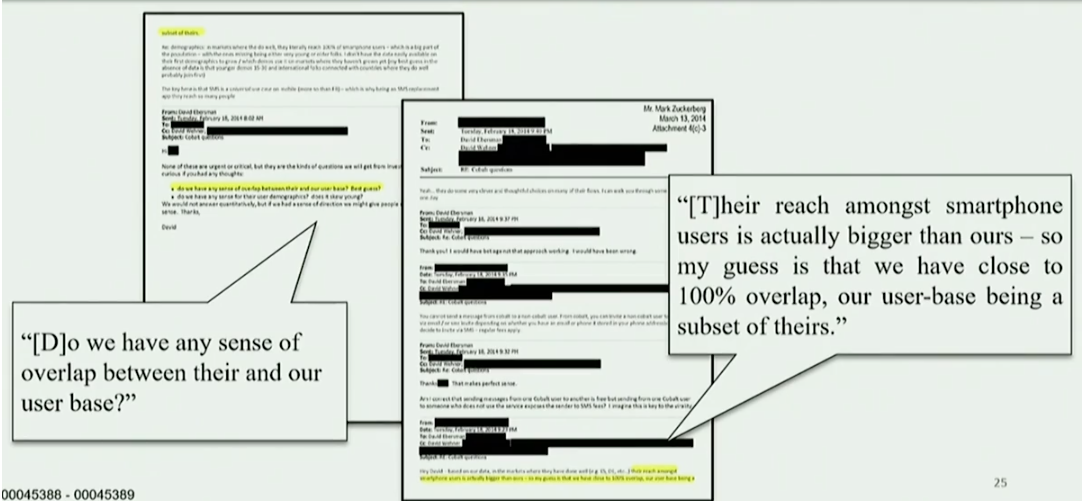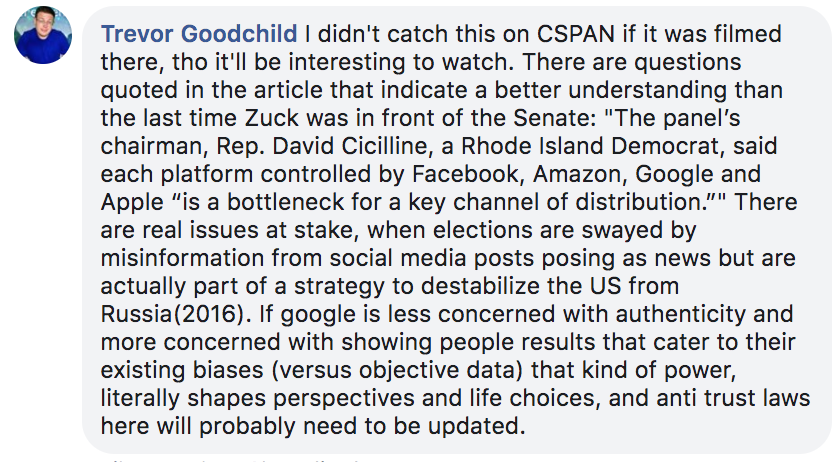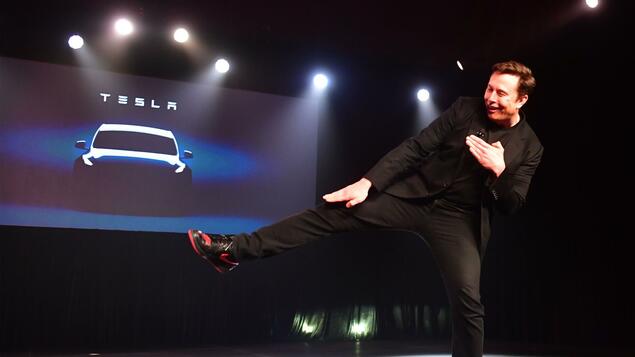If you're living in America you're going to see a big change for renewable energy.
For his entire presidency, President Donald Trump denied that humans affect the environment in any way while boosting the production of fossil fuels.
Trump repeatedly tweeted and announced that climate change is a "hoax." If that wasn't good enough, he went on to make fake claims that wind turbines cause cancer.
Many environmental protections were taken apart, and a lobbyist for coal was appointed at the head of the EPA.
The new president-elect Joe Biden, conversely, takes a completely opposite stance. Biden is committing to quickly concentrate on pressing climate issues before they become a larger crisis.
He was promised to spend up to $2 trillion on sustainable energy, in addition to getting America joining back with the Paris climate accord.
Regardless of what your stance is on fossil fuels versus renewable energy - renewable energy is a business that produces significant contributions to the GDP as well as job creation.
The “green economy” in America employs more than 9.5 million people, according to the University College London study.
The green economy generates $1.3 trillion in annual sales revenue in the United States, while creating 9.5 million full-time jobs, climatologist Mark Maslin and researcher Lucien Georgeson said in their study published in the online journal Palgrave Communications.
Heads of industry in the sustainable energy field are now feeling relieved about Washington's change of attitude.
The President-Elect is going to appoint more environmentally-centered officials to lead the EPA, as well as the Energy Department and related organizations.
“Following Biden’s win, the US will re-join the Paris negotiations and other nations will be compelled to join the net-zero club and, in 30 years time, we may just get there.”
Said Professor of climate physics and director Prof Piers Forster.
As far as the Stock Market is concerned, solar and other clean energy stocks are booming in 2020 this year.
SunPower, based in San Jose, California (SPWR) is now valued at $3.3 billion with a share price is spiking up 270% in record highs.
Their competitor, SunRUN (RUN) has risen in the upwards of more than 300% in 2020. Giving the solar company a market valuation of $11 billion.
That's not to say that there won't be obstacles for green energy still with the Whitehouse divided, Republicans who tend to favor big oil, dominating the Senate, and Democrats who lean towards renewable energy expected to hold the House.
Biden has a climate taskforce who aspires to install eight million solar rooftops through fast-tracking permits and deregulating the process.
Covid 19 changes to urban life are spurning more focus on renewable energy right now as well.
Data centers are installing more and more solar panels, and the exodus out of cities is fueling a housing boom.
The rapid uptick of remote work due to Covid 19 closing down office space is a huge driver for solar energy as well. This is because you can't work if you don't have power.
Many west coast techs and more who work from home are installing more solar panels to side-step power outages in California.
Another stark contrast in political maneuvers between Biden and Trump have to do with tariffs.
Back in January 2018, Trump forced a 30% tariff on silicon solar cells made overseas, which are scheduled to expire in February 2022.
The federal Energy Investment Tax Credit (ITC) is due to expire in 2022 as well.
President-Elect Biden has a tax plan which requires Congress to widen the ITC. This is going to give businesses and home owners a much greater motivation to insall solar panels on rooftops everywhere.
What other changes do you expect to see with a Biden presidency?
Comment below!
New Solution to Facebook Ad Policy Violations
After years of working at Facebook, I understand exactly what ad copy in your funnel is triggering the automations and how to get compliant. I'm a Facebook ad policy specialist and can audit your funnel, and share what to say that Facebook wants to see instead - but just isn't telling you.
Want to book a call to talk to Facebook and get results? Get solid answers directly from the source instead of guessing, googling and playing roulette? Schedule a call with me and I can easily tell you proven reasons why the automations flag you and how to become compliant.
You'll be swapping out walking in a minefield of ad flags, to have a sure path to having your Facebook ad accounts protected from being disabled. My clients have included social media marketing agencies of Tony Robbins, Harv Eker and Dean Graziosi. I'm featured on the Queen of Facebook Mari Smith's Marketing Essentials Course.
Save energy and money - how much is it costing you to not know why Facebook is shutting you down? My calendar is here.

I get 100s of emails a week from businesses and advertisers asking for help when their facebook ad account keeps getting disabled, so my calendar gets booked fast. But if you want to get to the front, you can pre-pay for a consulting session here: Book a call
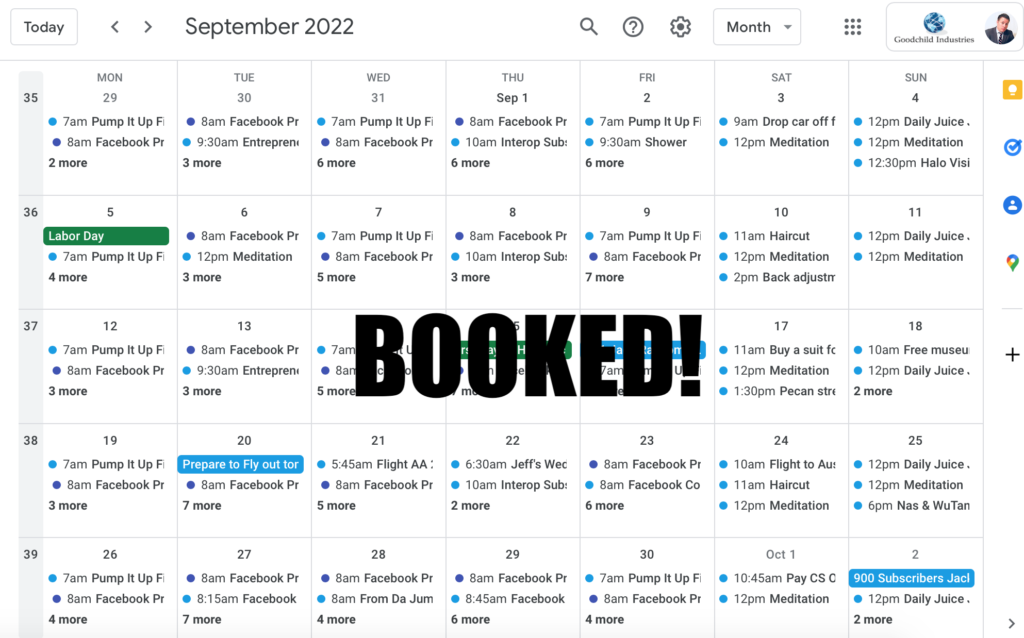
If you want to skip the line before this offer ends, immediately secure an expert-level Facebook consulting call from someone at Facebook. Book a call with me now! If you're ok with waiting a bit longer, and entering the waitlist to see if you're eligible - Schedule a call or contact me via email.
